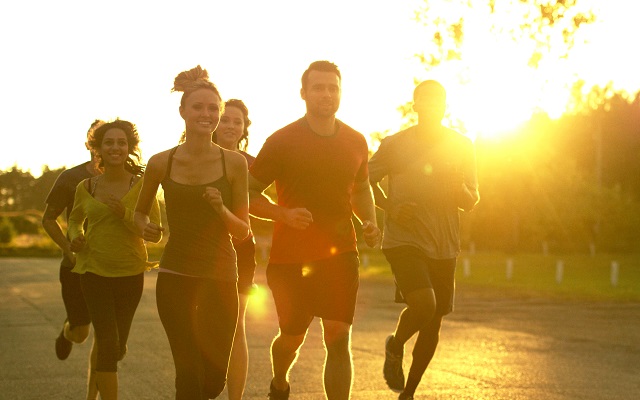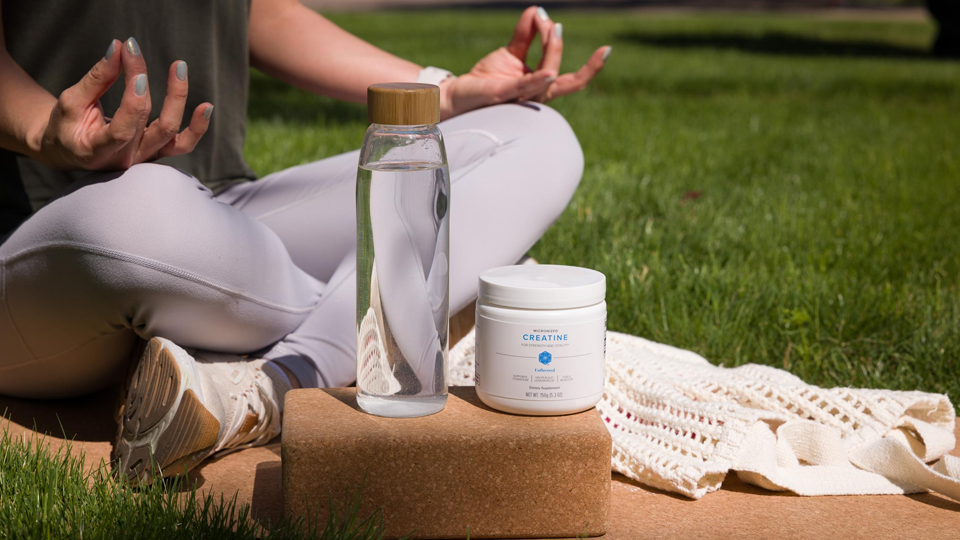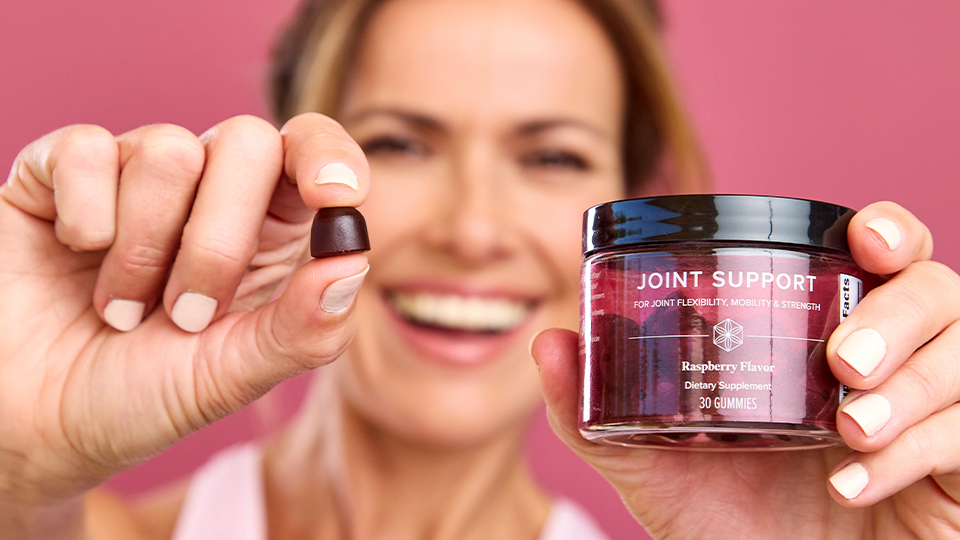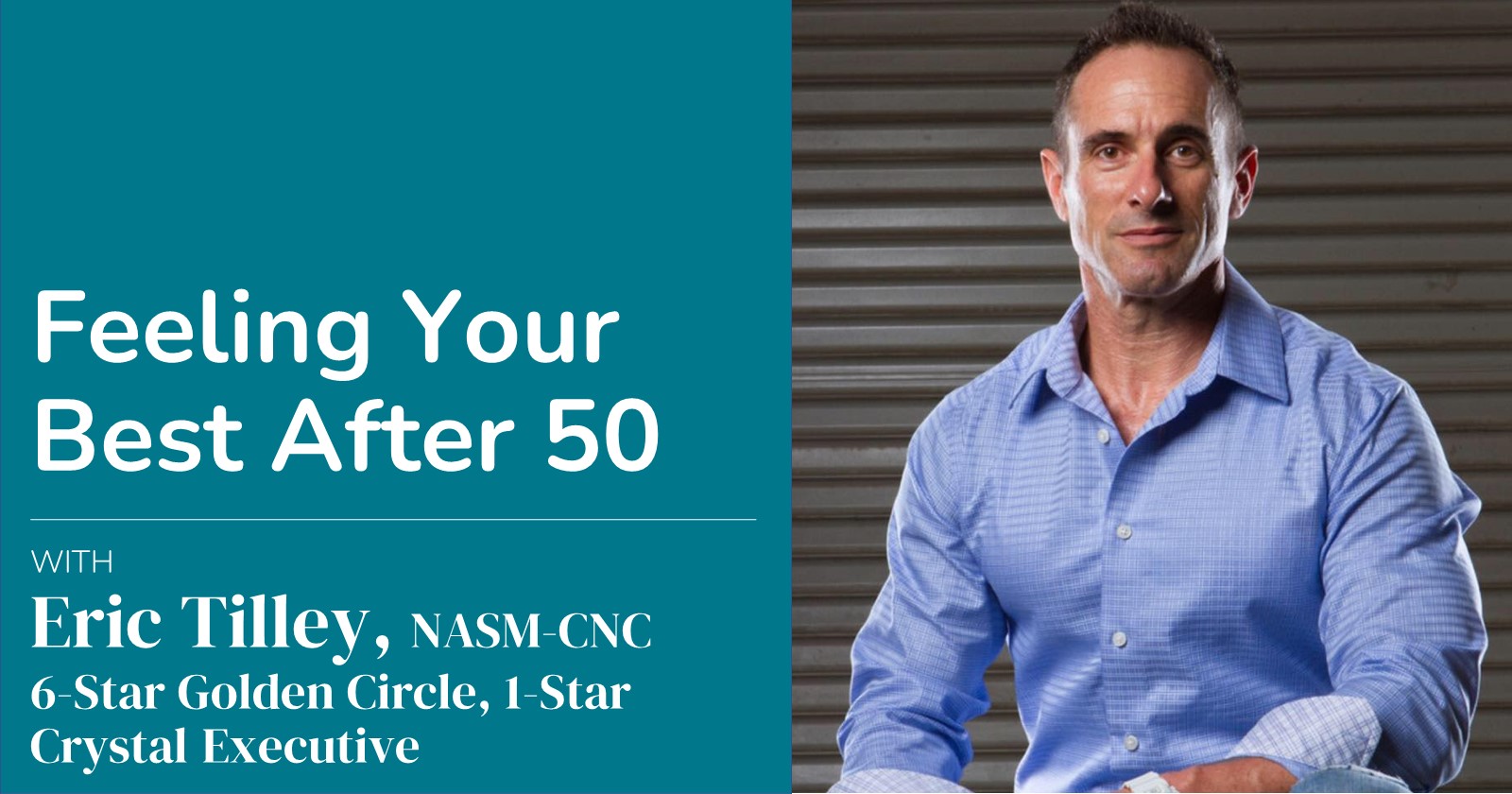For endurance athletes, carbohydrate is the main fuel source and continues to be used by the best in the world for better performance. There’s little question that body’s carbohydrate stores are limited and become depleted towards the end of a long run.
Studies in endurance cycling and running have repeatedly demonstrated that carbohydrate feeding during exercise can provide extra fuel and enhance performance (1, 2). But how much and what type of carbohydrate should you take with you for a marathon or long run?
Recommendations generally state that for exercise that lasts two to three hours, carb intake should be around 60 grams per hour. For exercise lasting over two and half hours, athletes are recommended up to 90 grams per hour (3).
Really? Not Enough Carbs
But many runners find themselves not meeting these recommendations, which could be hurting their performance.
In fact, carbohydrate intake in marathon runners can vary widely, but has been historically low on average with around 35 grams per hour (4). There’s a real potential for performance enhancement by simply following a scientifically based nutrient timing strategy for those not meeting the recommendations.
A new study published in the International Journal of Sport Nutrition and Exercise Nutrition tested just such a strategy in which runners consumed carbohydrate gels during a marathon by getting the recommended 60 grams of carbohydrate (the equivalence of two AMPED Fuel packets) per hour (5). The control group, on the other hand, was allowed to consume whatever they normally had in their race strategy.
Seven weeks before these runners competed in the marathon, the researchers asked the runners to complete a 6.2-mile run as fast as possible. Runners were then divided into two groups based on their finish times and grouped into pairs. One of the runners of each pair was assigned to the experimental group, the other was assigned to the control group with 14 runners in each group.
The experimental group of runners used the nutrient timing strategy according to the scientifically based American College of Sports Medicine based recommendations of 60 grams of carbohydrates per hour (3). The control group could consume whatever they preferred. The runners then practiced their nutrition strategies in a half marathon, five weeks before the actual marathon, and then completed the real marathon at the end of the study period.
Carbs – Still Best for Runners
The researchers found that the runners who took the carb gels were on average of 4.7 percent faster than those who ran with a self-selected intake and consumed significantly less carbohydrate. This was equated to about an 11-minute difference—which as any marathon runner knows is a big improvement!
Interestingly, the relatively high intake of gels did not result in any significant gastrointestinal problems as might’ve been predicted. No significant stomach problems were reported and researchers noted even the runners themselves were surprised how well the higher carbohydrate intake was tolerated.
References
- Billat V, Demarle A, Paiva M & Koralsztein JP. Effect of training on the physiological factors of performance in elite marathon runners (males and females). Int J Sports Med. 2002 Jul; 23(5):336-41.
- Sjödin B & Svedenhag J. Applied physiology of marathon running. Sports Med. 1985 Mar-Apr; 2(2):83-99.
- Thomas DT, Erdman KA & Burke LM. Position of the Academy of Nutrition and Dietetics, Dietitians of Canada, and the American College of Sports Medicine: Nutrition and Athletic Performance. J Acad Nutr Diet. 2016 Mar; 116(3):501-28.
- Pfeiffer B, Stellingwerff T, Hodgson AB, Randell R, Pöttgen K, Res P & Jeukendrup AE. Nutritional intake and gastrointestinal problems during competitive endurance events. Med Sci Sports Exerc. 2012 Feb; 44(2):344-51.
- Hansen EA, Emanuelsen A, Gertsen RM & Sørensen SR. Improved marathon performance by in-race nutritional strategy intervention. Int J Sport Nutr Exerc Metab. 2014 Dec; 24(6):645-55.





